From foam insulation in home construction and packaging to moldings for sprockets and skateboard wheels, polyurethane is extremely versatile as it can be manufactured to varying levels of hardness, stiffness, and density. Polyurethane is used widely due to its low tooling cost, resistance to abrasion and extensive wear, its excellent tear strength, color acceptability, elasticity, and solvent resistance. It also operates at minimal noise levels, can be cast, molded, and machined. It can be made sponge-soft or iron hard and can withstand extensive temperature changes. It is this versatility as well as its durability that makes polyurethane such a desirable material in so many industrial applications.
Polyurethane molding, in particular, offers incomparable durability in a lightweight substance. This combination is ideal as decreased weight without sacrificing strength is often a key to economic success in applications such as construction and transportation. In addition to combining the advantageous qualities of rubber, metal, and plastic, polyurethane molding products are also resistant to high temperatures and pressures. This means a long working life with little wear and tear. For instance, sprockets in conveyor belting are made to tight-tolerances and must maintain strength under continual use at high temperatures. Polyurethane moldings are used predominately for sprockets like these because of their long term durability.
Polyurethane molding, in particular, offers incomparable durability in a lightweight substance. This combination is ideal as decreased weight without sacrificing strength is often a key to economic success in applications such as construction and transportation. In addition to combining the advantageous qualities of rubber, metal, and plastic, polyurethane molding products are also resistant to high temperatures and pressures. This means a long working life with little wear and tear. For instance, sprockets in conveyor belting are made to tight-tolerances and must maintain strength under continual use at high temperatures. Polyurethane moldings are used predominately for sprockets like these because of their long term durability.
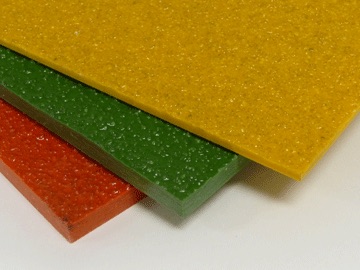 Fiberglass Fabricators
Fiberglass Fabricators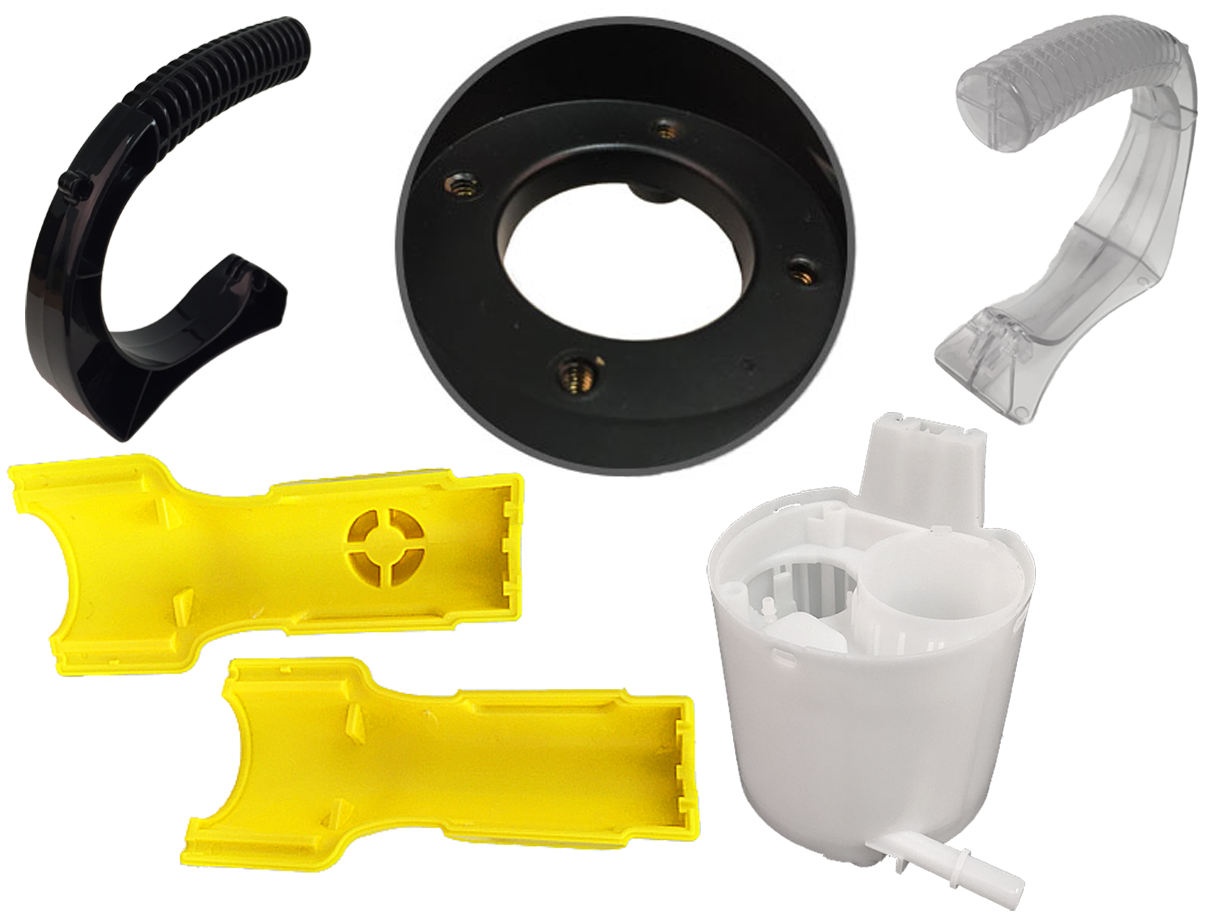 Injection Molded Plastics
Injection Molded Plastics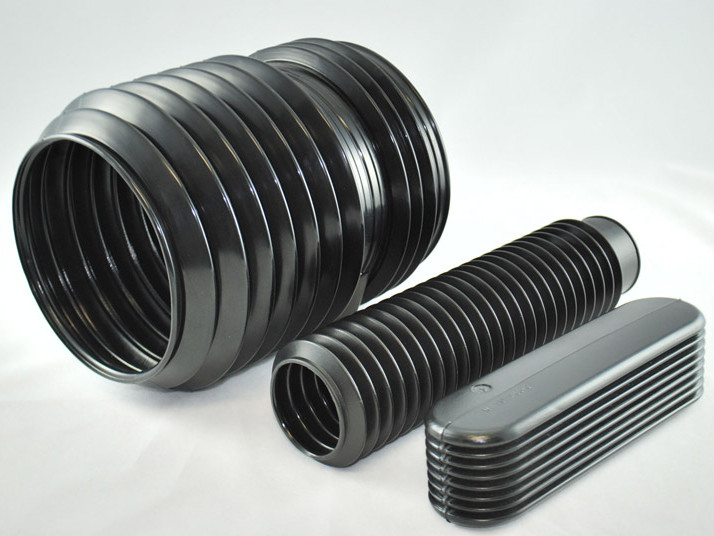 Plastic Blow Molding
Plastic Blow Molding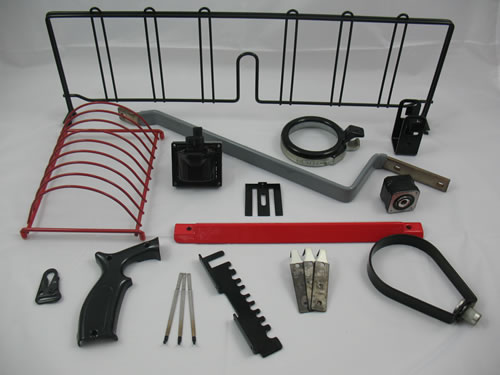 Plastic Dip Molding
Plastic Dip Molding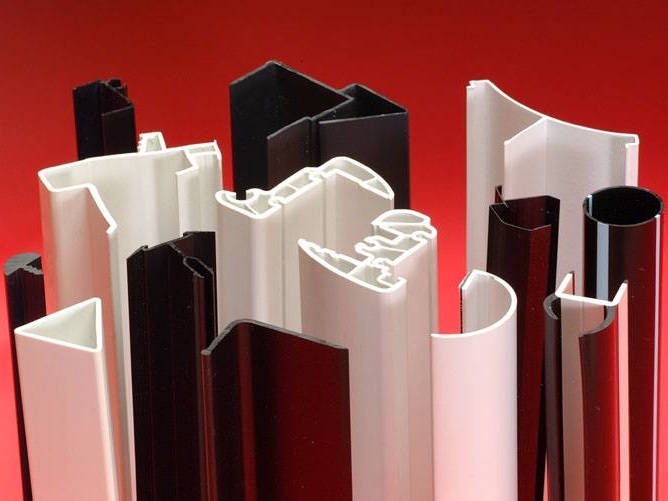 Plastic Extrusions
Plastic Extrusions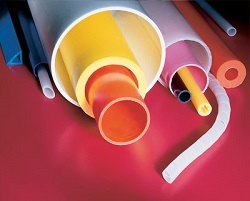 Plastic Tubing
Plastic Tubing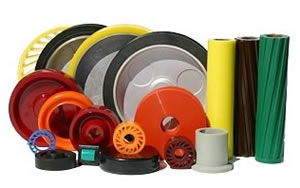 Polyurethane Molding
Polyurethane Molding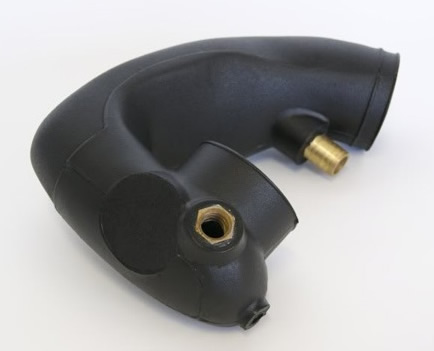 Rotational Molding
Rotational Molding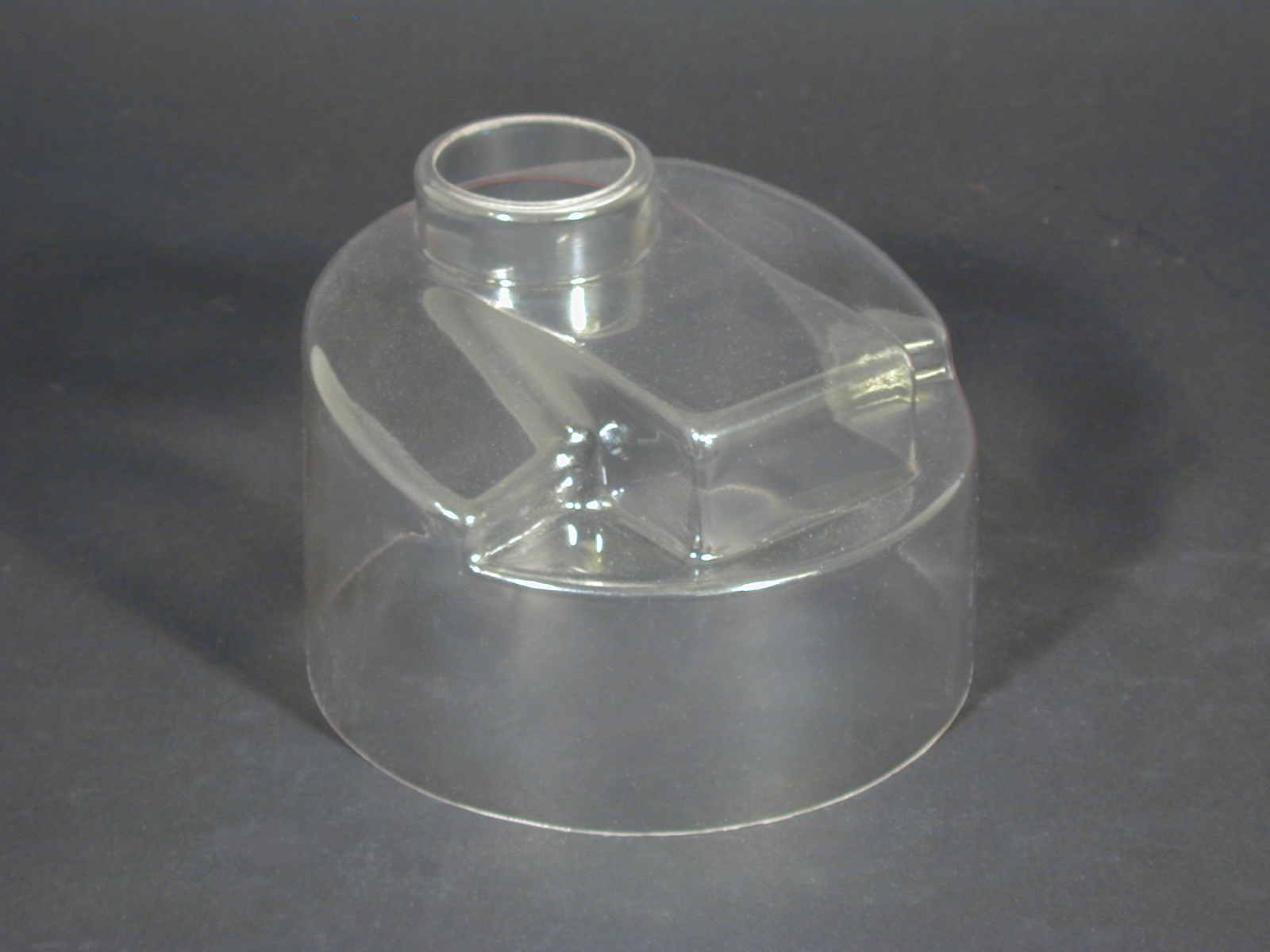 Vacuum Forming
Vacuum Forming Castings & Forgings
Castings & Forgings Bulk Material Handling
Bulk Material Handling Electrical & Electronic Components
Electrical & Electronic Components Flow Instrumentation
Flow Instrumentation Hardware
Hardware Material Handling Equipment
Material Handling Equipment Metal Cutting Services
Metal Cutting Services Metal Forming Services
Metal Forming Services Metal Suppliers
Metal Suppliers Motion Control Products
Motion Control Products Plant & Facility Equipment
Plant & Facility Equipment Plant & Facility Supplies
Plant & Facility Supplies Plastic Molding Processes
Plastic Molding Processes Pumps & Valves
Pumps & Valves Recycling Equipment
Recycling Equipment Rubber Products & Services
Rubber Products & Services